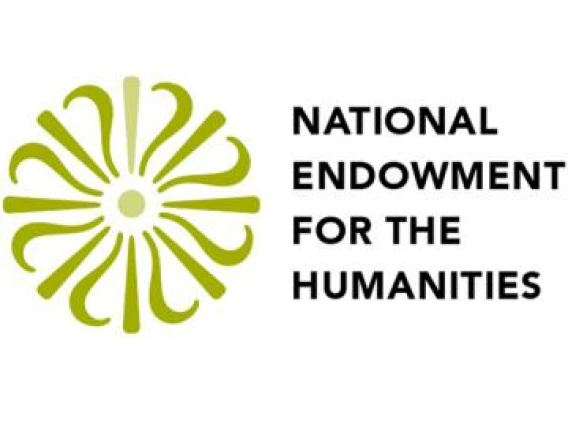
Two professors in the Department of Africana Studies have received Digital Humanities Advancement Grants from the National Endowment for the Humanities.
The grants, about $50,000 each, are awarded under an NEH program designed to support “innovative, experimental, and/or computationally challenging digital projects, leading to work that can scale to enhance scholarly research, teaching, and public programming in the humanities.”
Dr. Erika Gault, Associate Professor of Africana Studies, is awarded for “Connected Faith: A Digital Black Religion Project.” Dr. Bryan Carter, Associate Professor of Africana Studies and Director of the Center for Digital Humanities, is awarded for “Preserving BIPOC Expatriates’ Memories During Wartime and Beyond.”
The 19-month Connected Faith project will give the public an innovative way to explore the networks that have been foundational to the formation of modern Black religion, using a website with interactive visualizations and searchable and sharable resources, Gault says. The project will also contextualize the last two year’s COVID-driven physical-to-digital migration of many houses of worship in a much longer arc of technologically mediated religious transformation.
Gault argues that Black religion has always been rooted in technological as well as spiritual practice. Black abolitionists like Harriet Tubman and Nat Turner used the technologies of their day to create emancipatory communication networks and echoes of the networks they employed remain embedded in the digital practices of modern Black religious people today, she says.
The grant will support the development of a prototype of the platform, which will connect data from the Pew Research Center, the Association of Religion Data Archives and the Smithsonian National Museum of African American History and Culture. In summer 2023, the project will gather digital Black religion scholars and practitioners of diverse traditions to evaluate the platform prototype and to add essential resources to its collections.
“Connected Faith will give the public an innovative way to explore the networks that have been foundational to the formation of modern Black religion,” Gault says.
Carter, along with co-principal investigator Dr. Rashida Braggs, Associate Professor in Africana Studies at Williams College, will study of one of the newest forms of digital video recording—volumetric capture—in the context of recording of BIPOC expats of the WWII era.
The project will assess the strengths and weaknesses of volumetric video as a storytelling medium and analyze ways in which volumetric video can effectively and uniquely preserve personal narratives, cultural memories, and other forms of oral history in immersive, multisensory ways that are also suitable for adding to the long-term historical record, Carter says.
For the project, Carter and Braggs will partner with Volucap, which opened the first studio for volumetric recording on the European mainland in 2018 and has the highest volumetric capture resolution in the world.
For the subject matter, Carter and Braggs will turn to an overlapping area of research expertise—the lives of Black and Indigenous artists, entertainers, intellectuals, and activists who left the United States during and after times of war in search of safety and equity as European expatriates. The experiences of notable artists like Josephine Baker and James Baldwin are well documented, but far less is known about others, especially personal stories of those who may have been involved in the war.
“There are only a handful of BIPOC WWII-era survivors alive today and their stories need to be recorded in the most compelling, detailed, and embodied way possible. We aim to contribute new humanities research on the future of heritage preservation, historical documentation, and storytelling,” Carter says.

